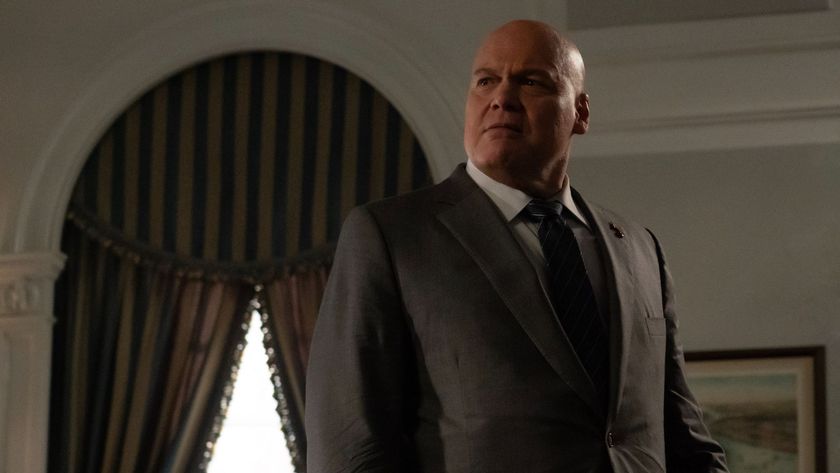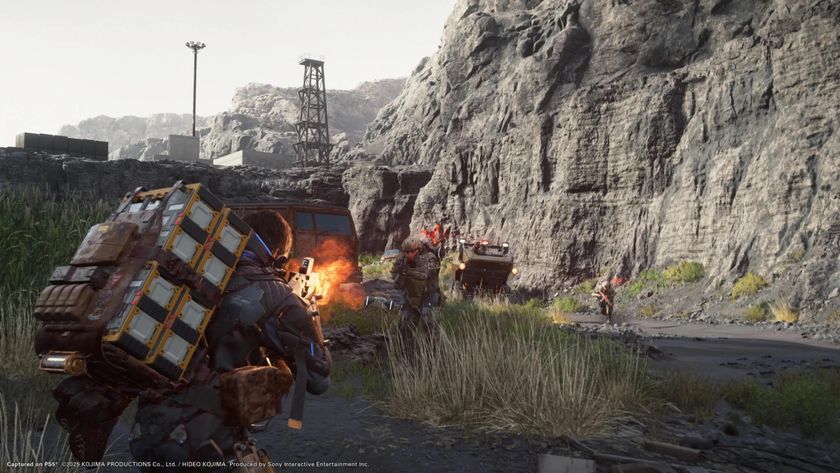City-builder dev says indies need "half a million" in profit to make more money than Valve, decries the 30% Steam store tax as a "relic" that "needs to go down"
Indie developers have long been speaking about Valve's storefront fee

An indie developer has argued that Valve's Steam store transaction fee of 30% for developers "needs to go down."
If you didn't already know, Valve takes a commission of 30% from developers whenever they sell a game via Steam. So if you sold a game for $10, Valve would take $3, and you'd be left with $7 – but this isn't always the case for indie developers who still have a publisher to pay.
That's the scenario Tomas Sala, indie developer behind The Falconeer, is speaking about in the tweet below. Sala argues that it takes "generally at least half a million if not more in revenue for a dev to finally earn more than Valve on their own game," because indie developers still have publishers to pay even after they've paid Valve's Steam store transaction fee.
It takes generally at least half a million if not more in revenue for a dev to finally earn more than valve on their own gameExampleGame earns 750kValve takes 250Pub takes 150 recoup. 350 remains split 50/50175 for the dev remains.You could say that 150k the pub recoups… https://t.co/EmZ0HASKFvAugust 23, 2024
Sala provides a scenario where a theoretical indie game makes $750,000, and posits that the developer themselves would merely be left with $175,000 after everything is said and done. The veteran developer adds that while this could cover the indie game development costs, "we all know indies work for free and spend triple or more than they get on development," so that's not really realistic.
"So Valve takes more than most indie devs up until really large numbers," Sala further writes, before adding, "The 30% tax is a relic... it's unearned and unjust..." and "It needs to go down."
The Steam store tax is an issue that developers have been speaking about for a long time. Take this indie developer, for example, who took to Reddit to write that they'd made a profit of $400,000 on their game. Now, keep in mind this is a UK-based indie developer, so income tax, national insurance, and student loan repayments need to be applied, but after all that, they're merely left with £53,380.
30% of their $400,000 was reportedly taken by "VAT/USA taxes/Refunds," while another 30% was taken by the Steam store tax. Even before UK national taxes are applied, that's merely $196,000, a far cry from the original $400,000 that they started with. Using this example as a case study, Sala's point about needing to earn over $500,000 to make more money than Valve sounds perfectly justified.
Sign up to the 12DOVE Newsletter
Weekly digests, tales from the communities you love, and more
Take a look at our upcoming indie games guide for a list of all the new small-time titles you can support.
Hirun Cryer is a freelance reporter and writer with Gamesradar+ based out of U.K. After earning a degree in American History specializing in journalism, cinema, literature, and history, he stepped into the games writing world, with a focus on shooters, indie games, and RPGs, and has since been the recipient of the MCV 30 Under 30 award for 2021. In his spare time he freelances with other outlets around the industry, practices Japanese, and enjoys contemporary manga and anime.
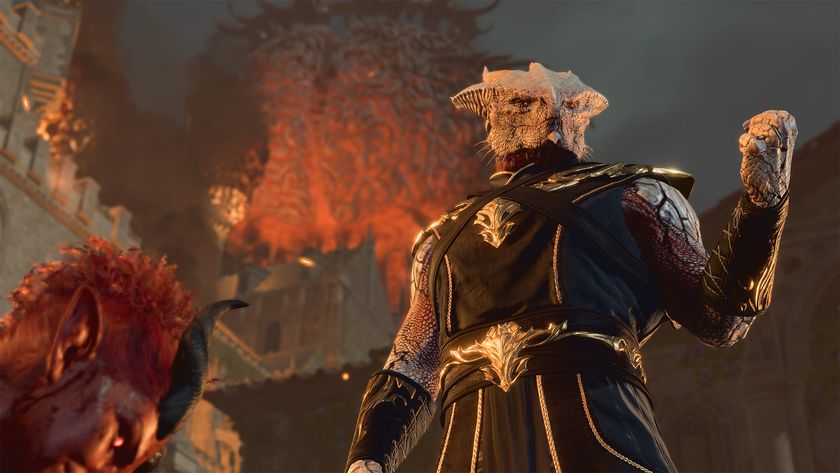
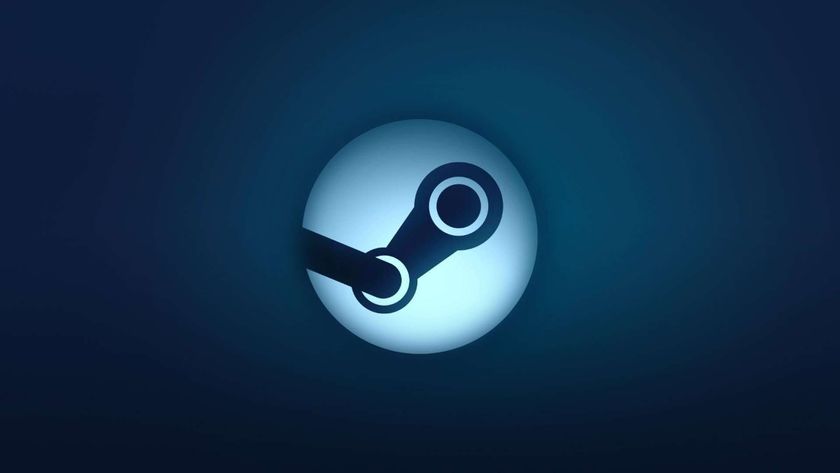

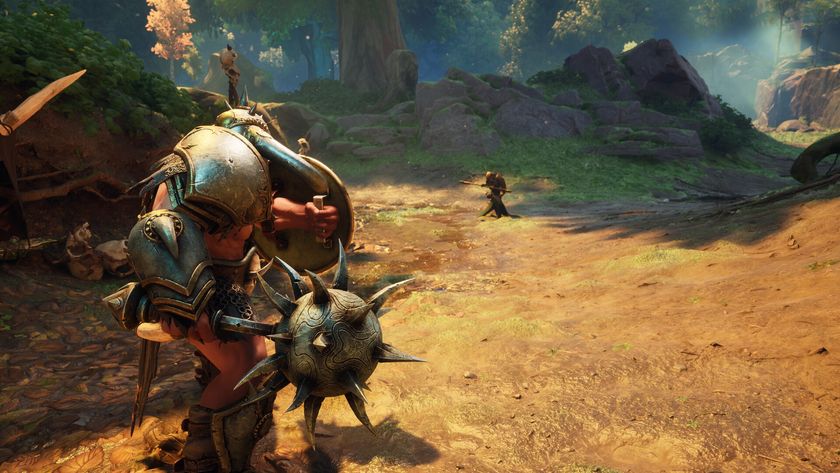
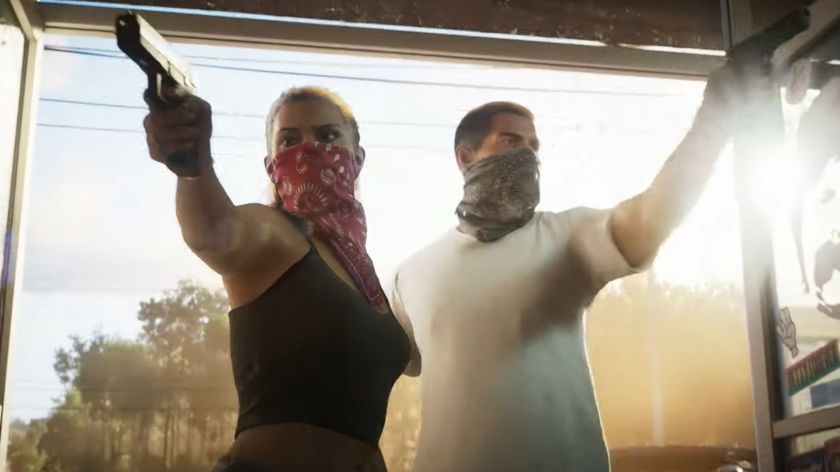
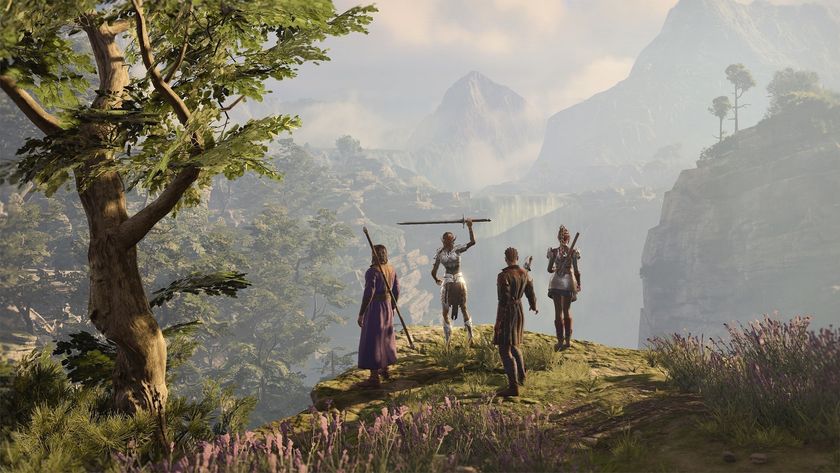
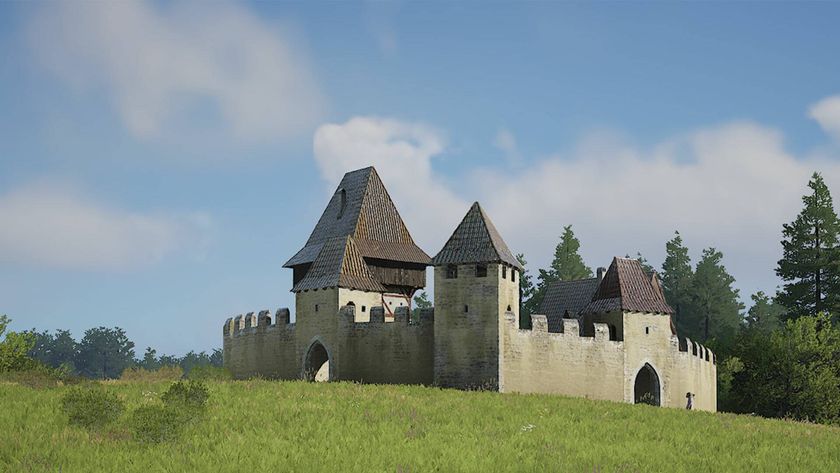
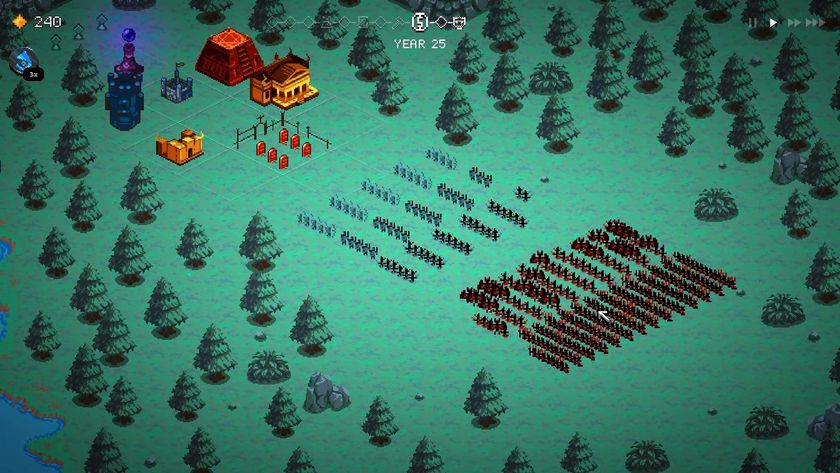
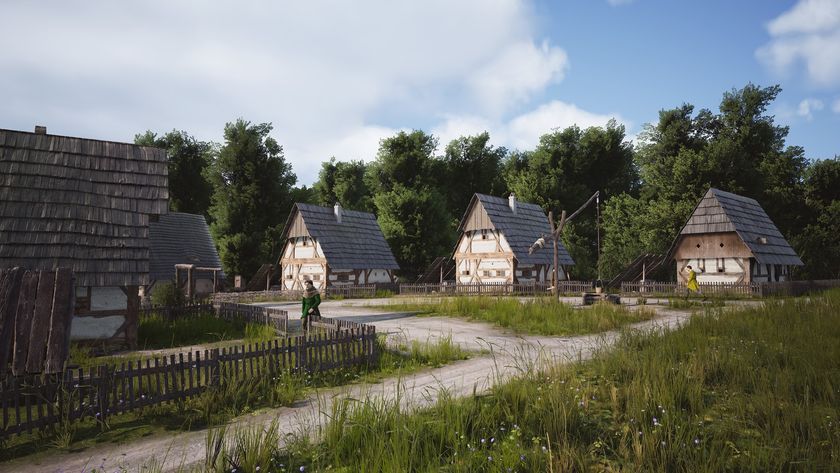
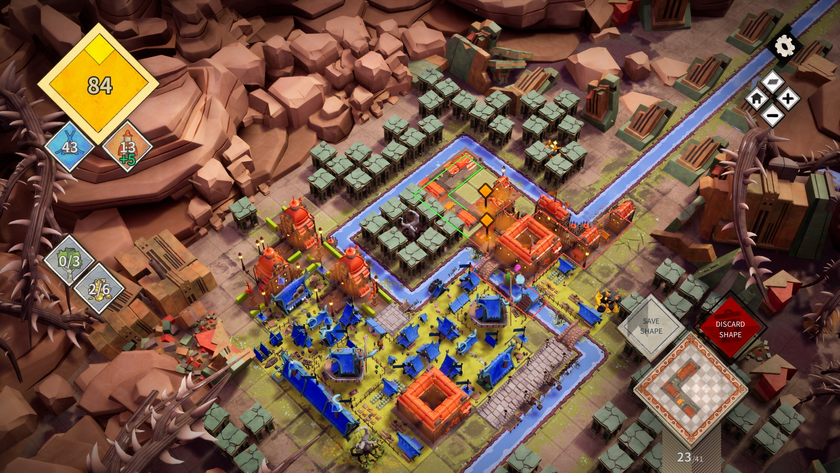

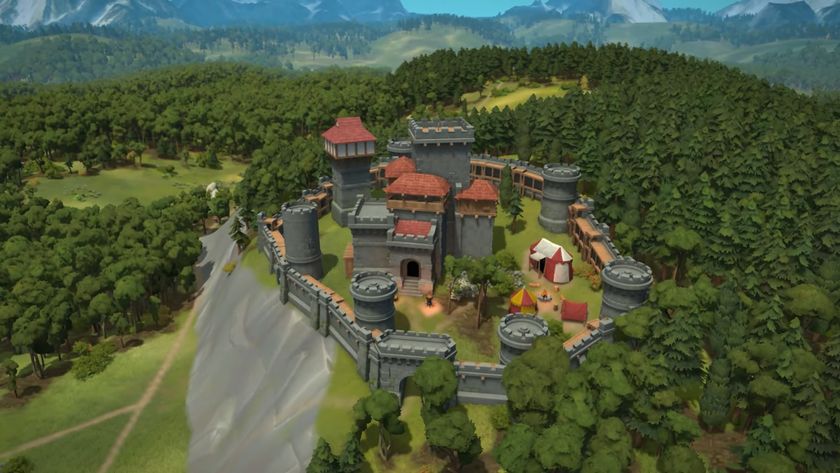


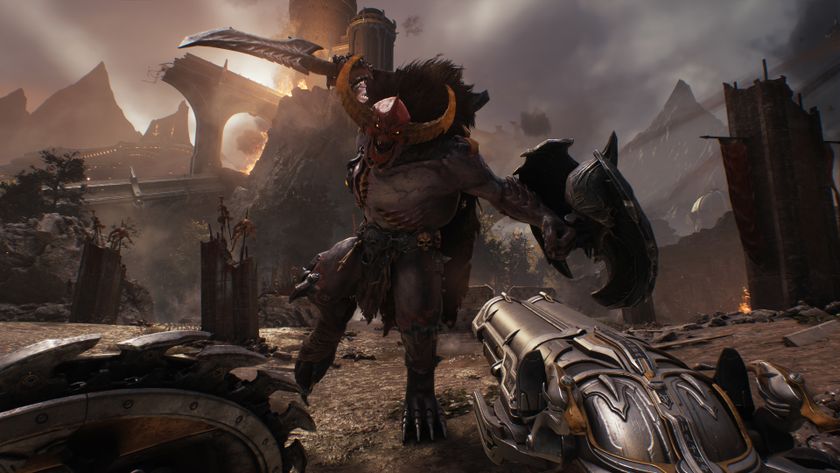

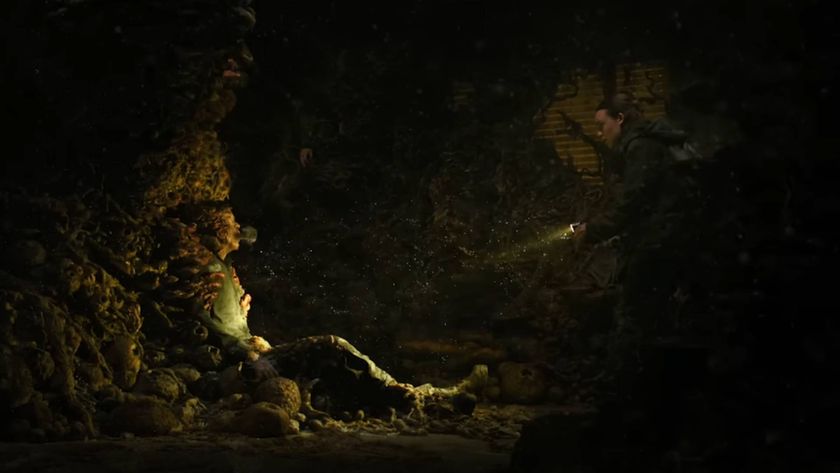


Manor Lords dev confirms "castles and sieges are now in the works" for the city builder, as well as a new map that could get its own game mode in the future

The hottest city builder in Steam Next Fest is actually a roguelike deck builder in disguise: "Break the game with thousands of insane builds"


